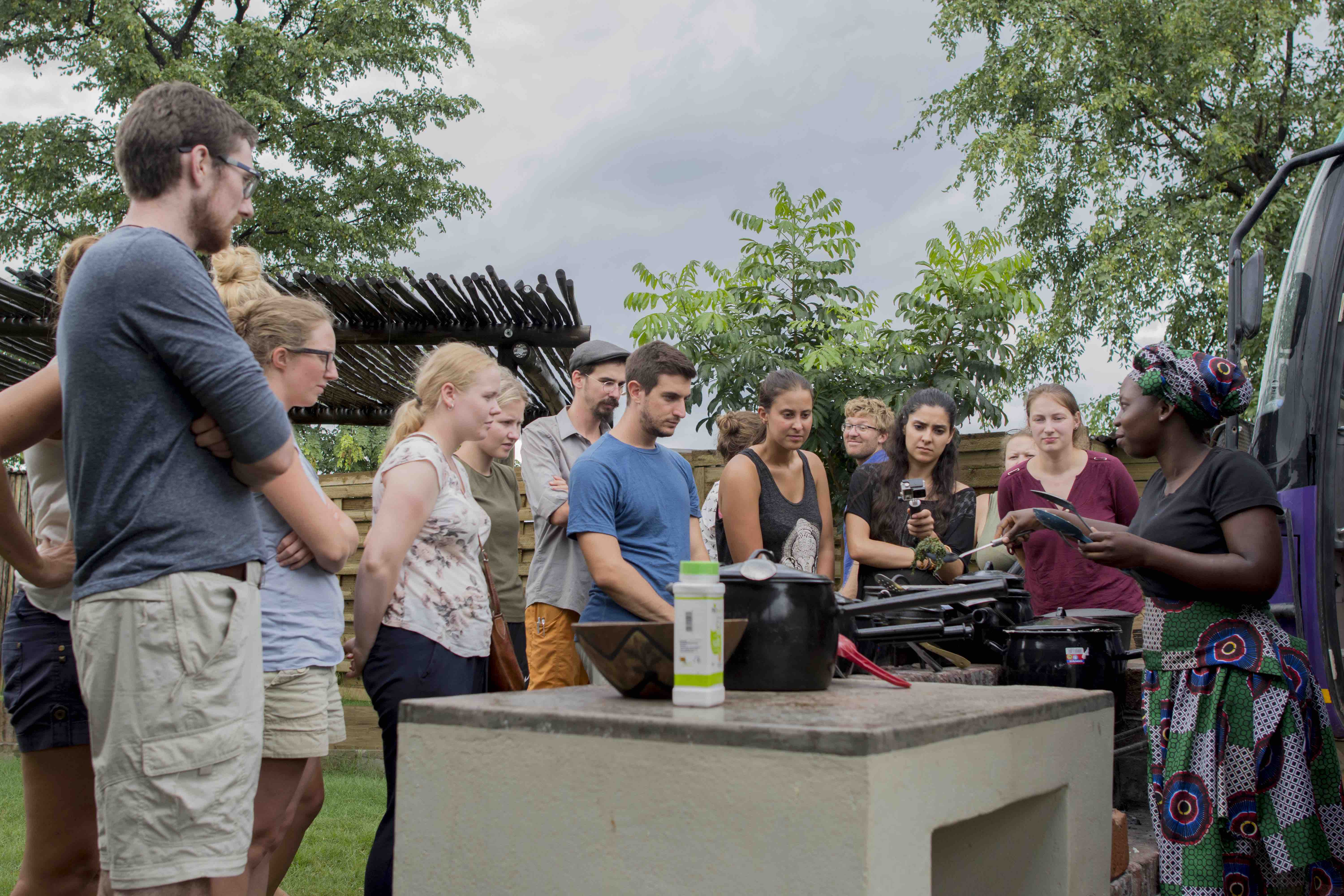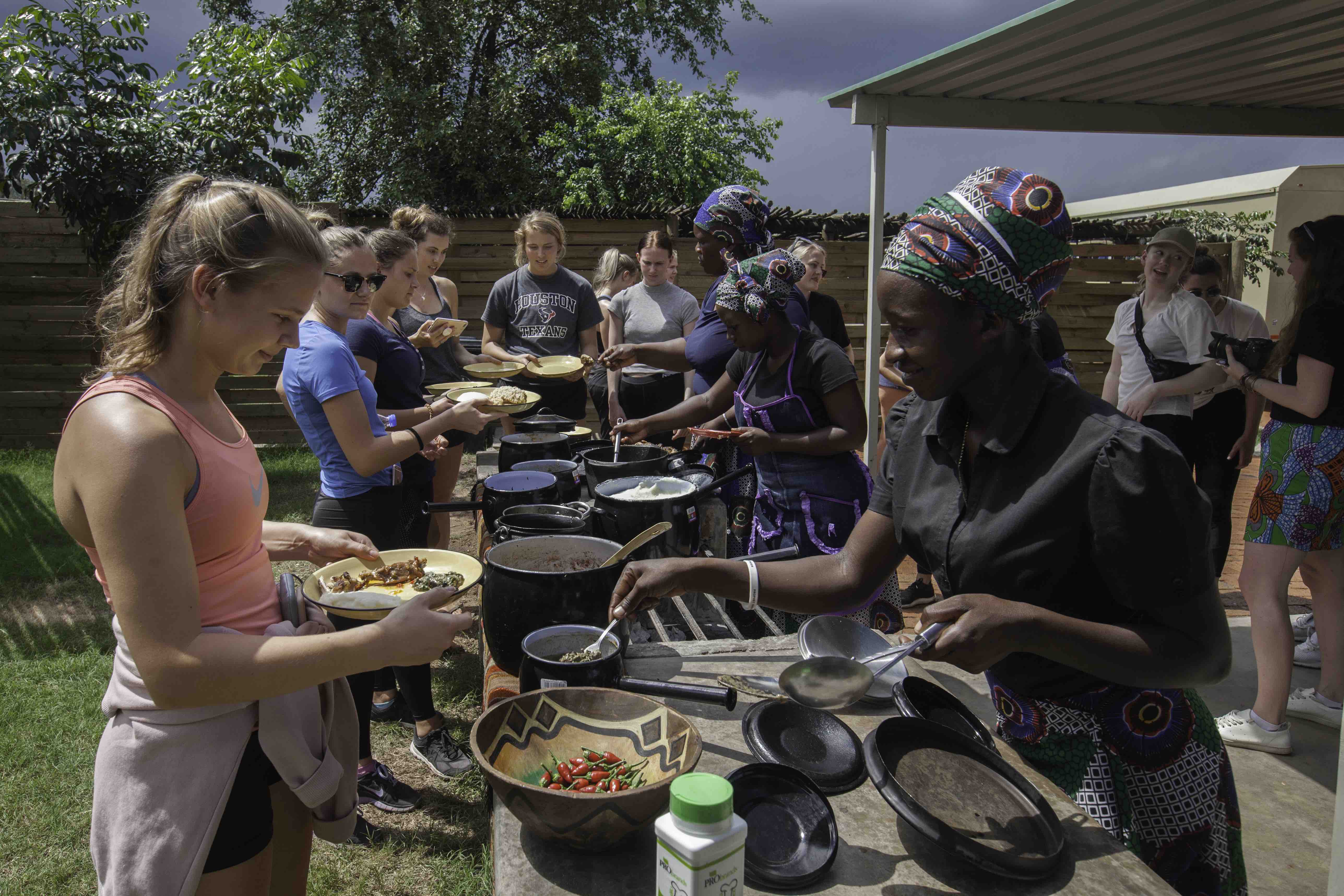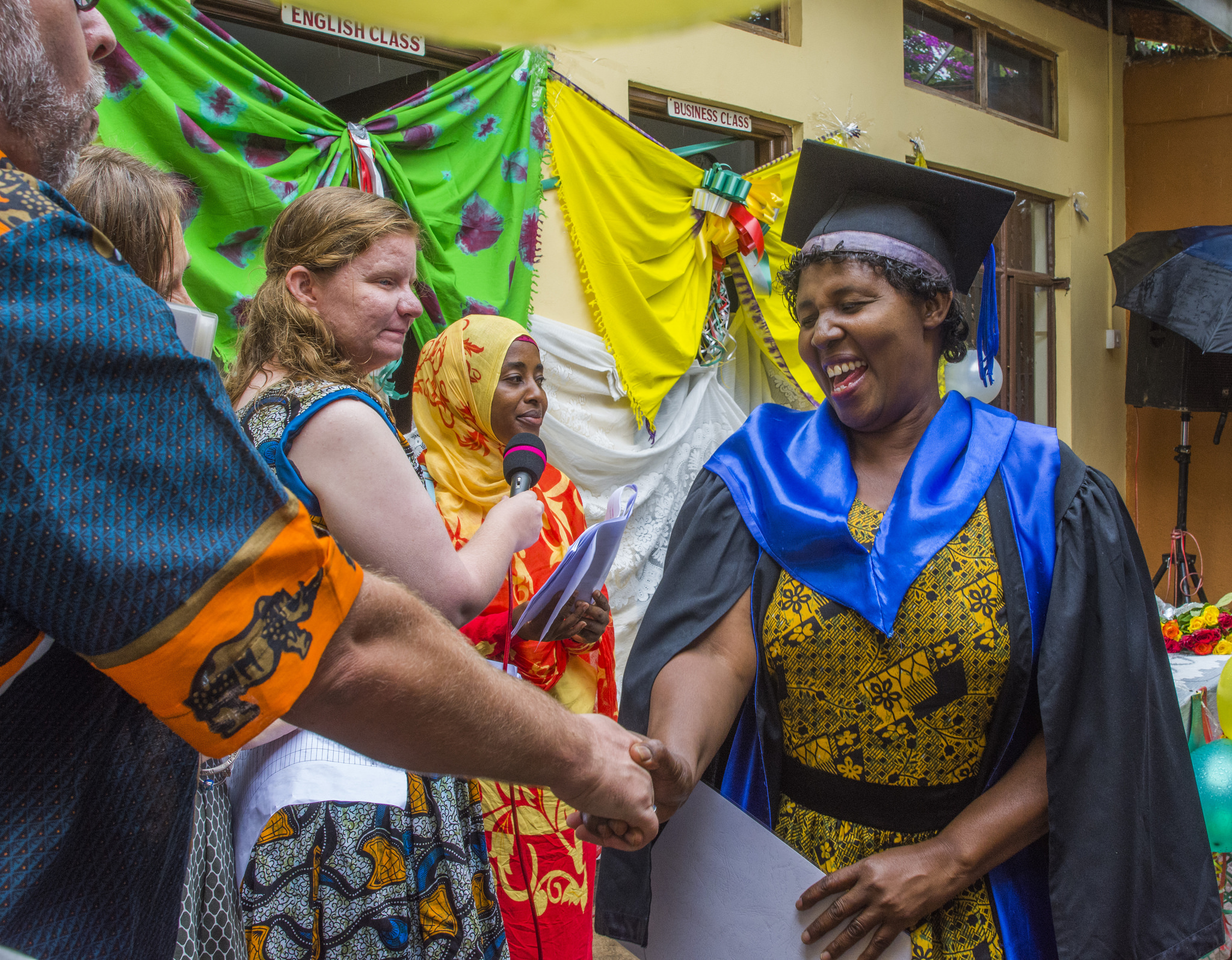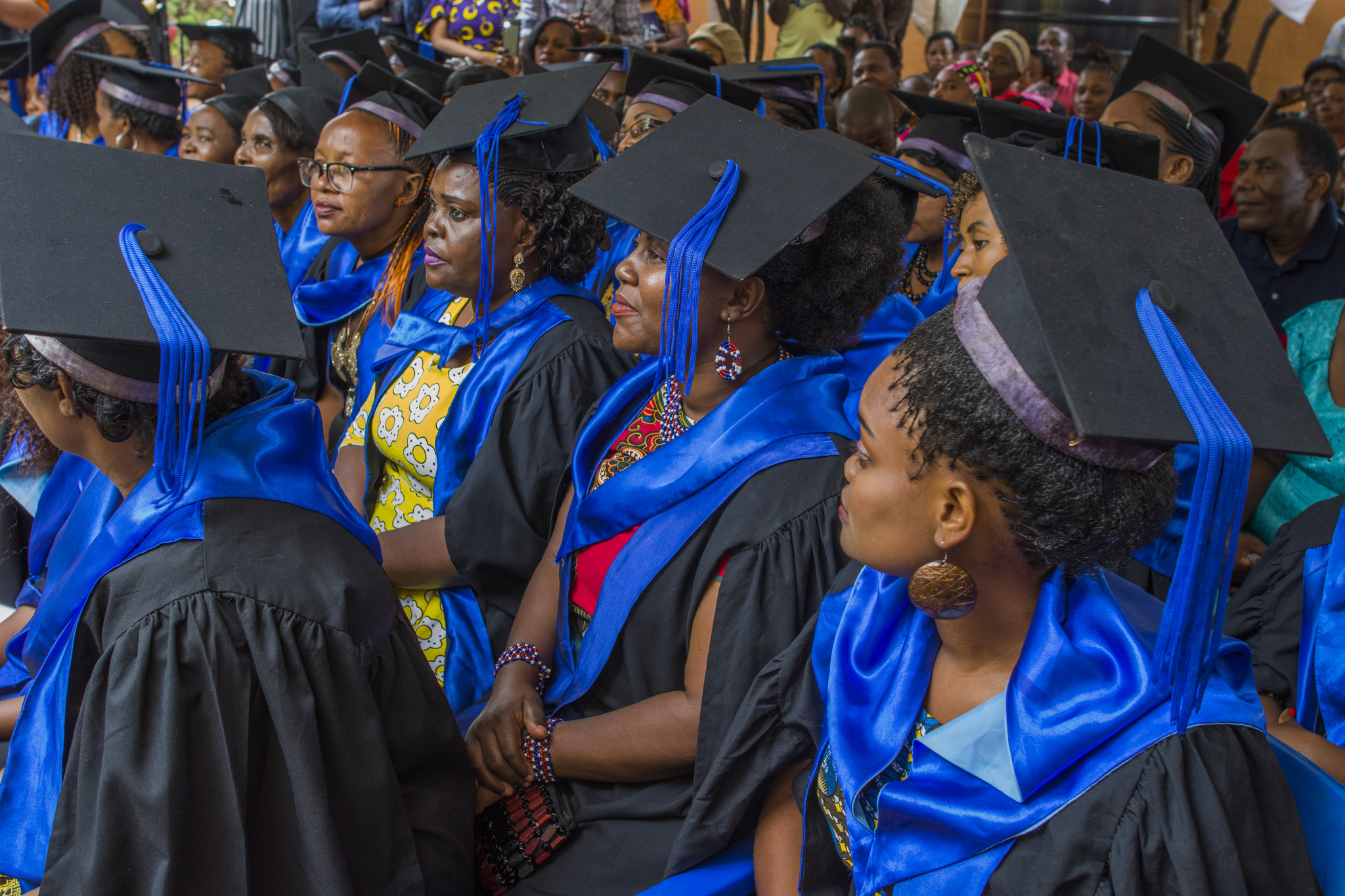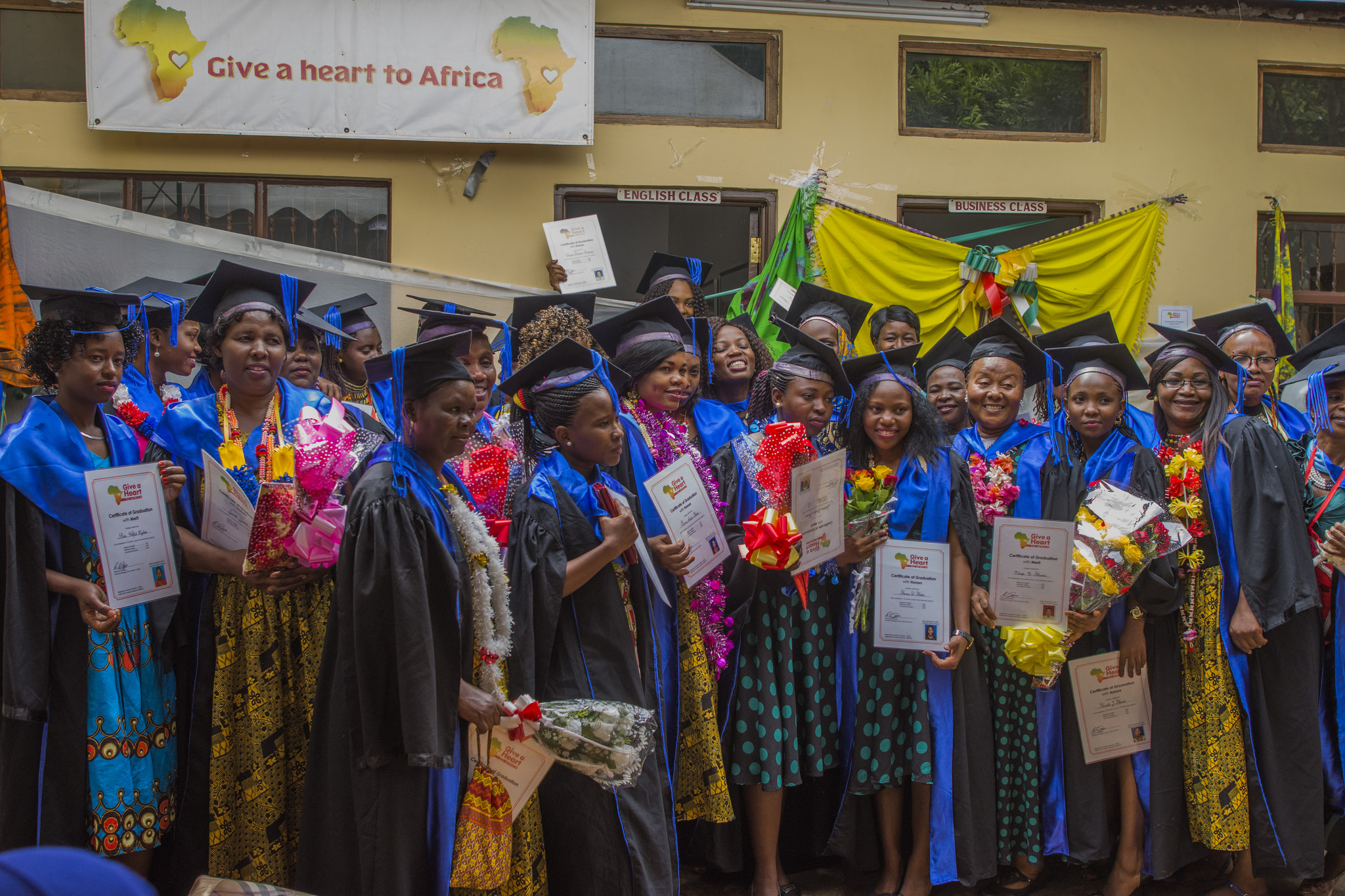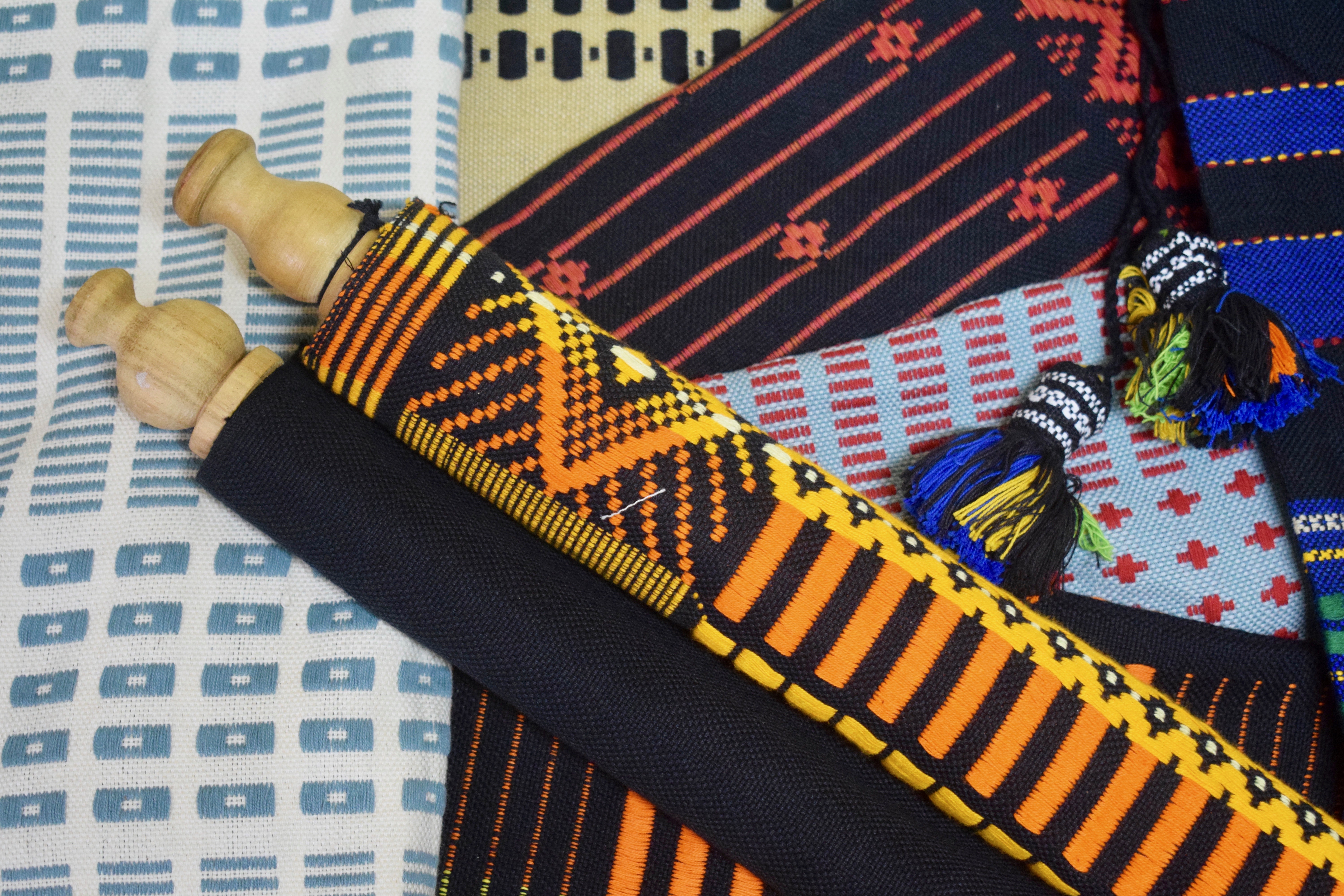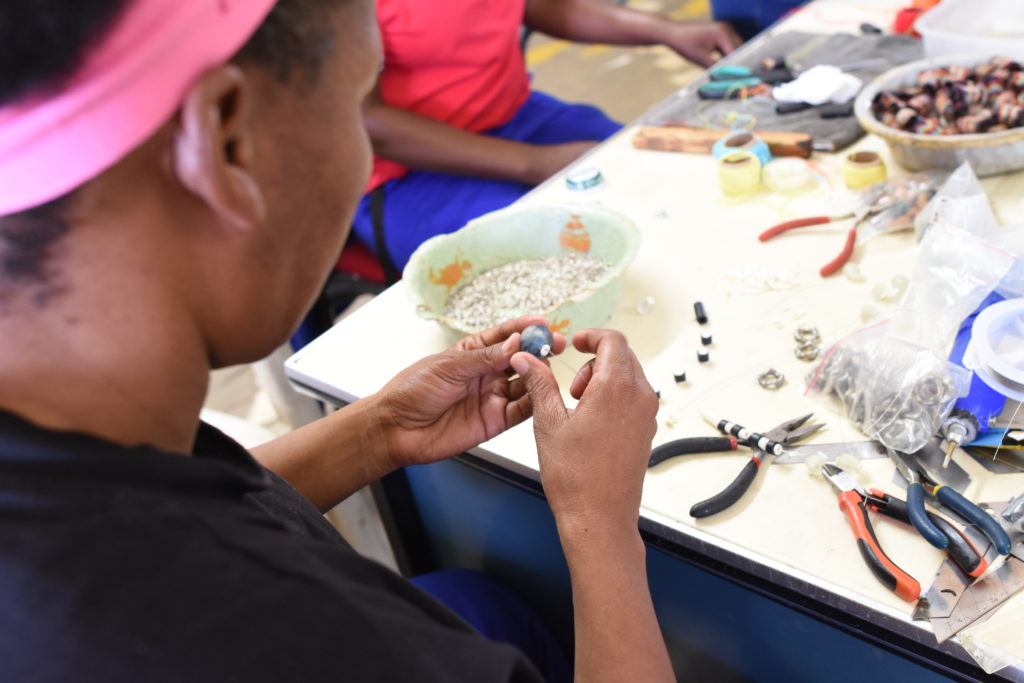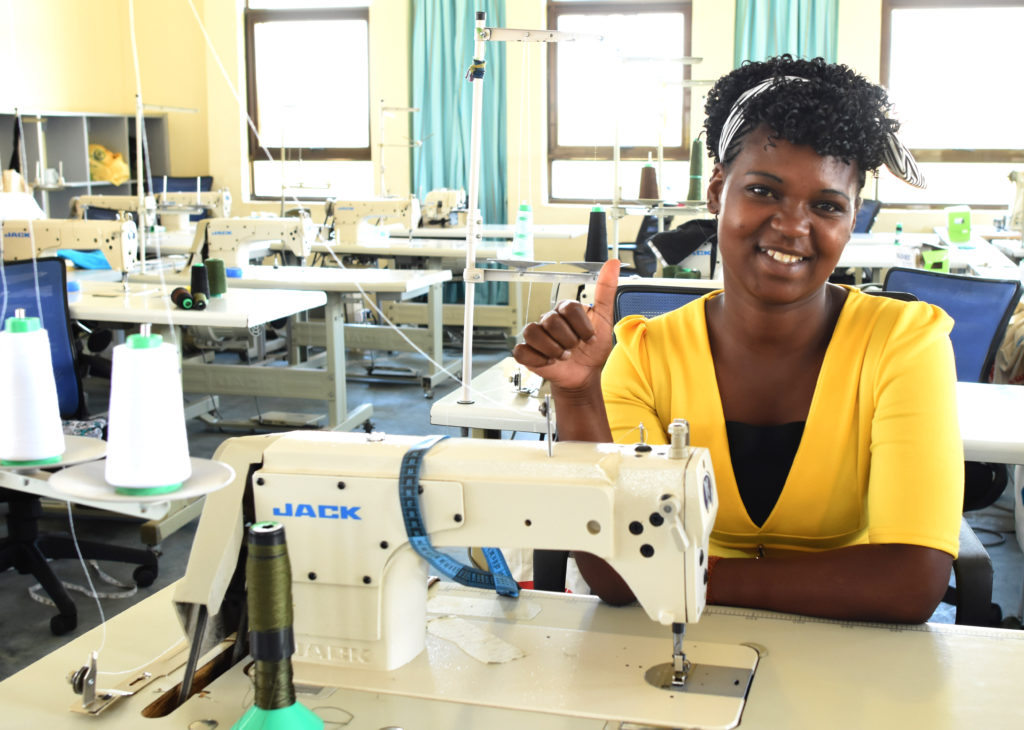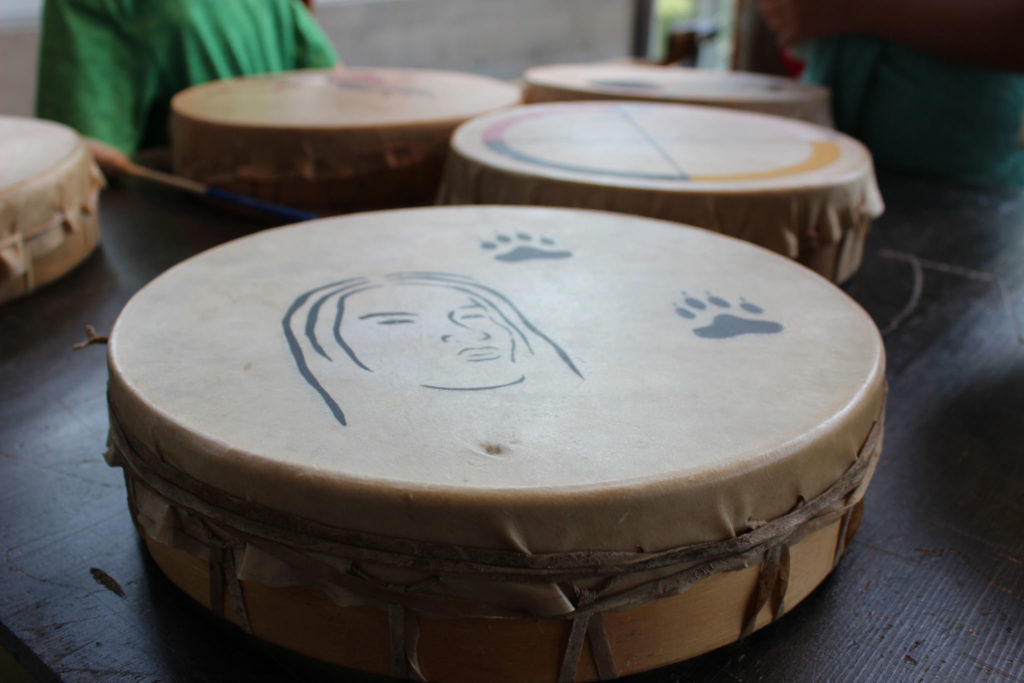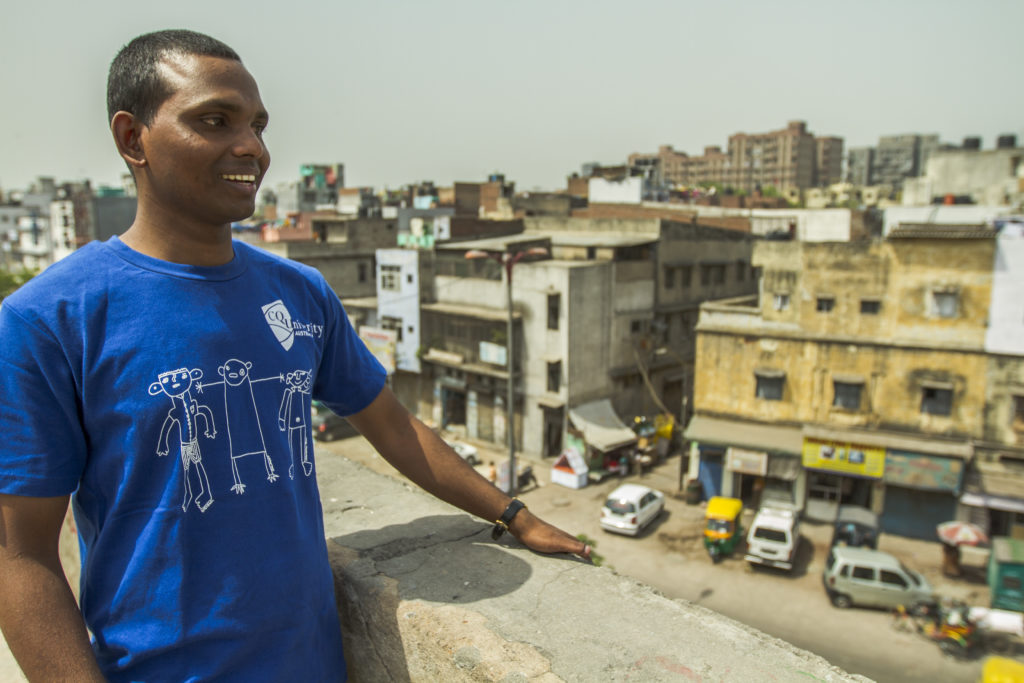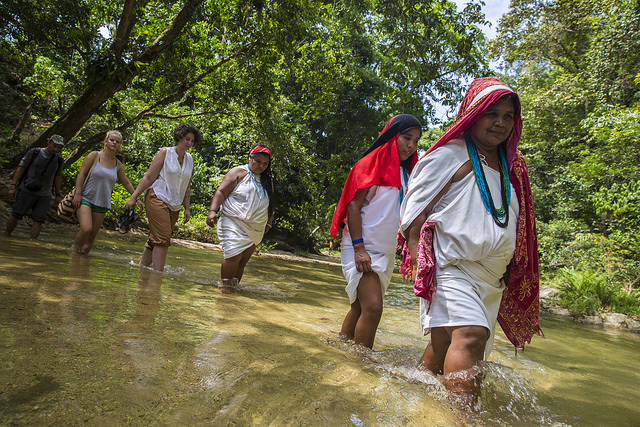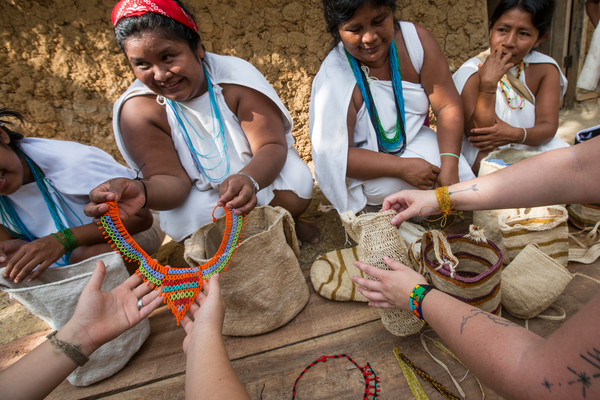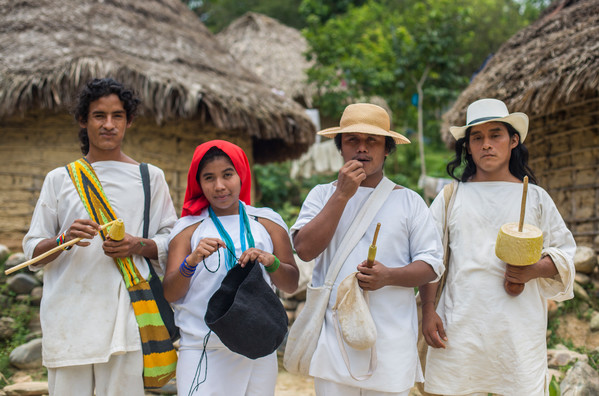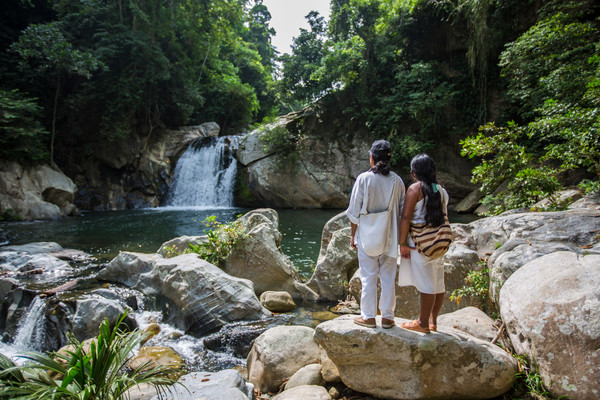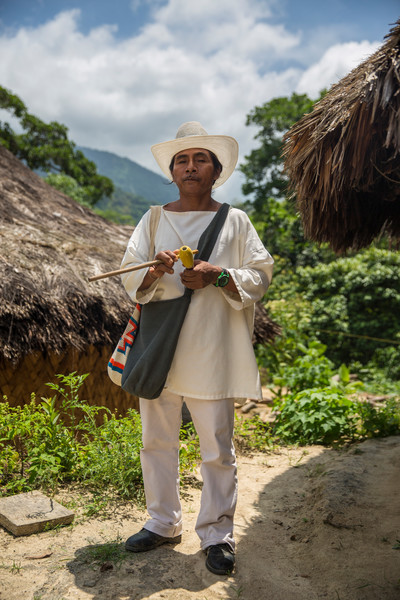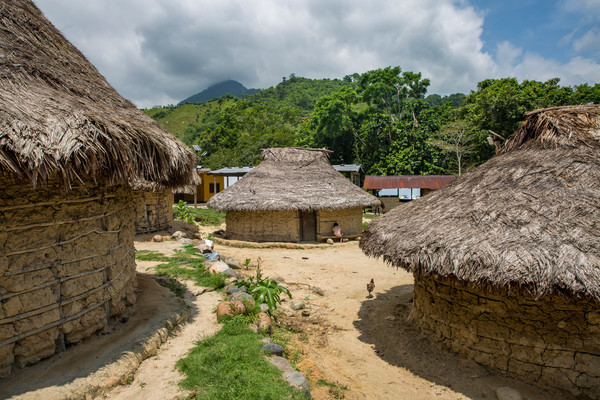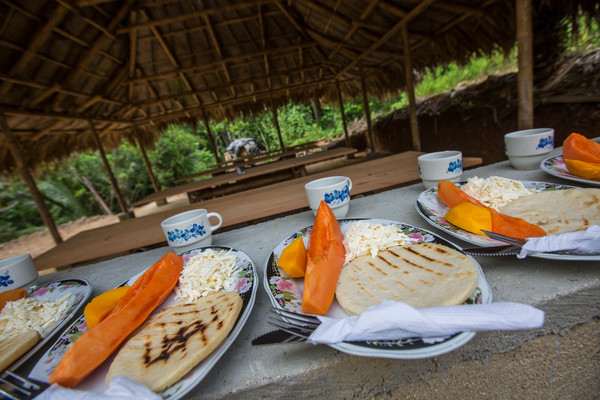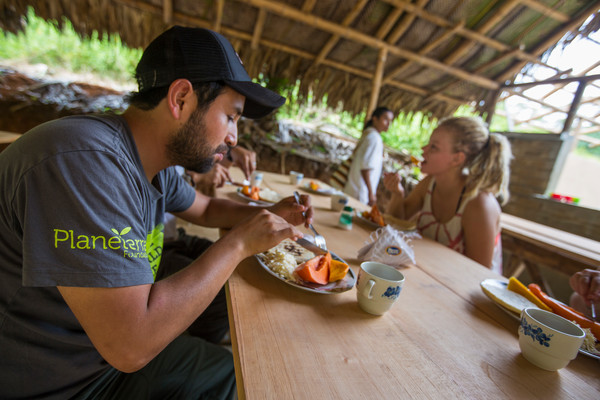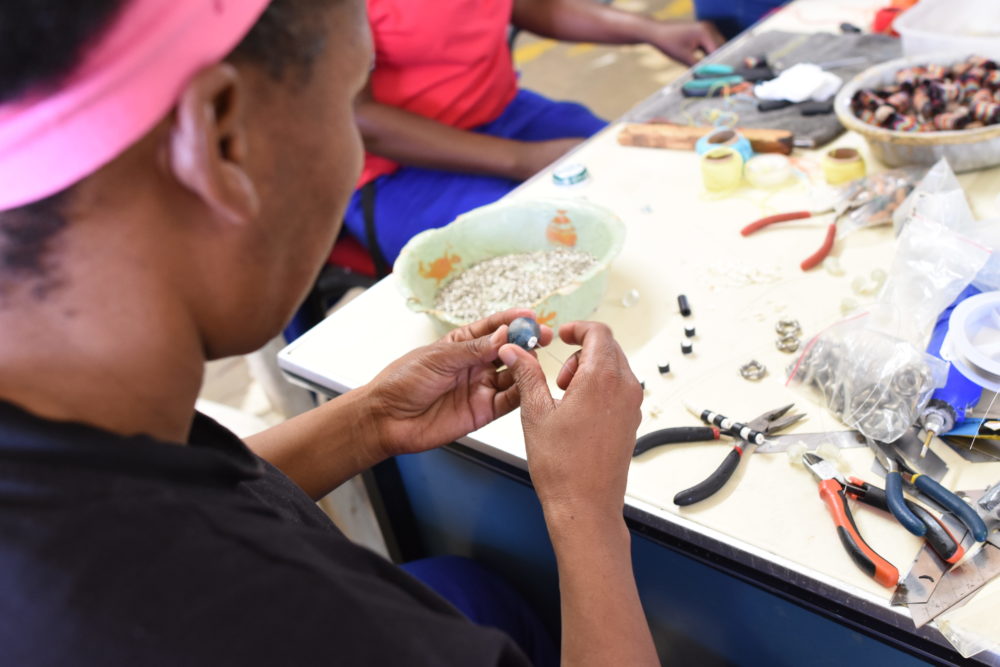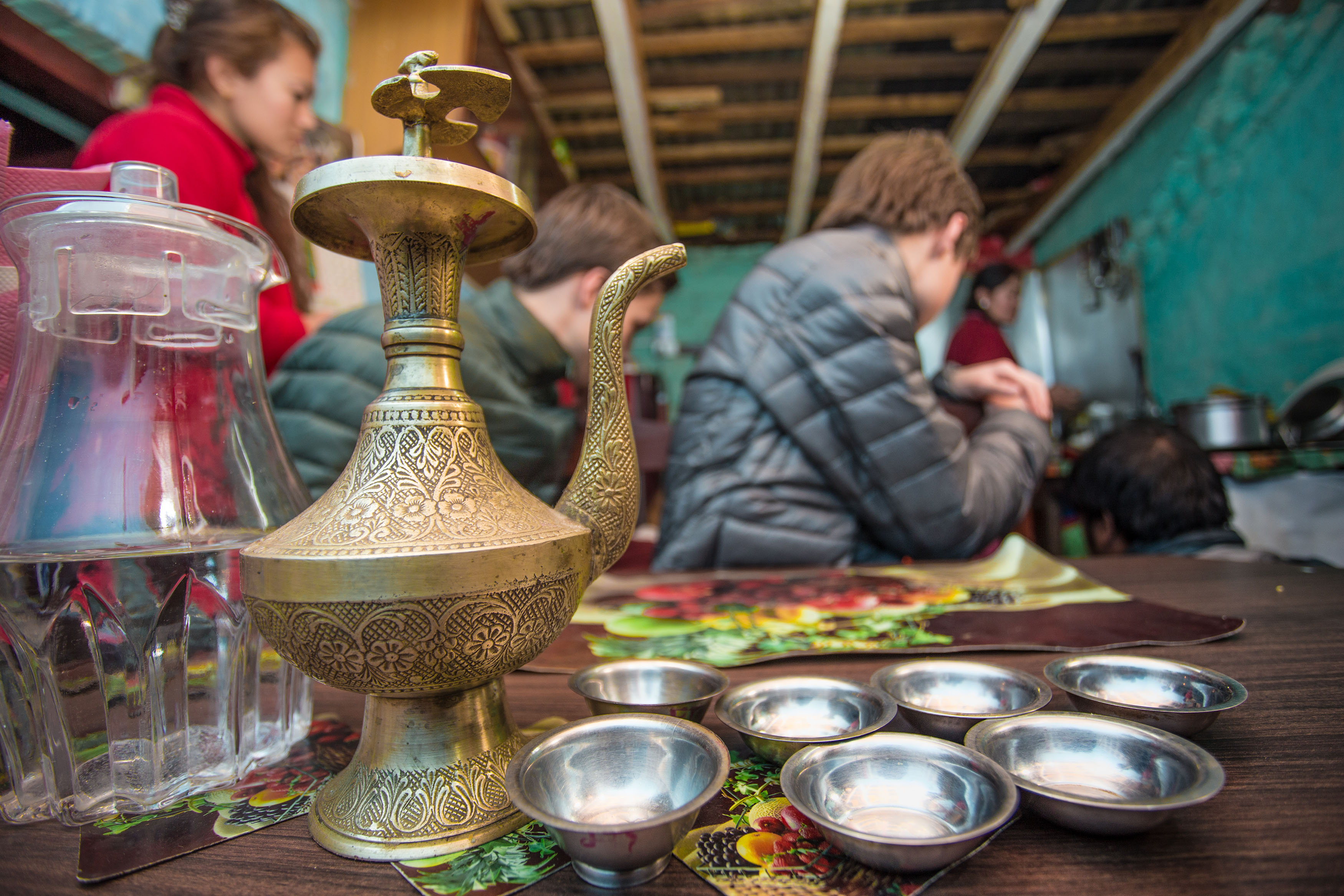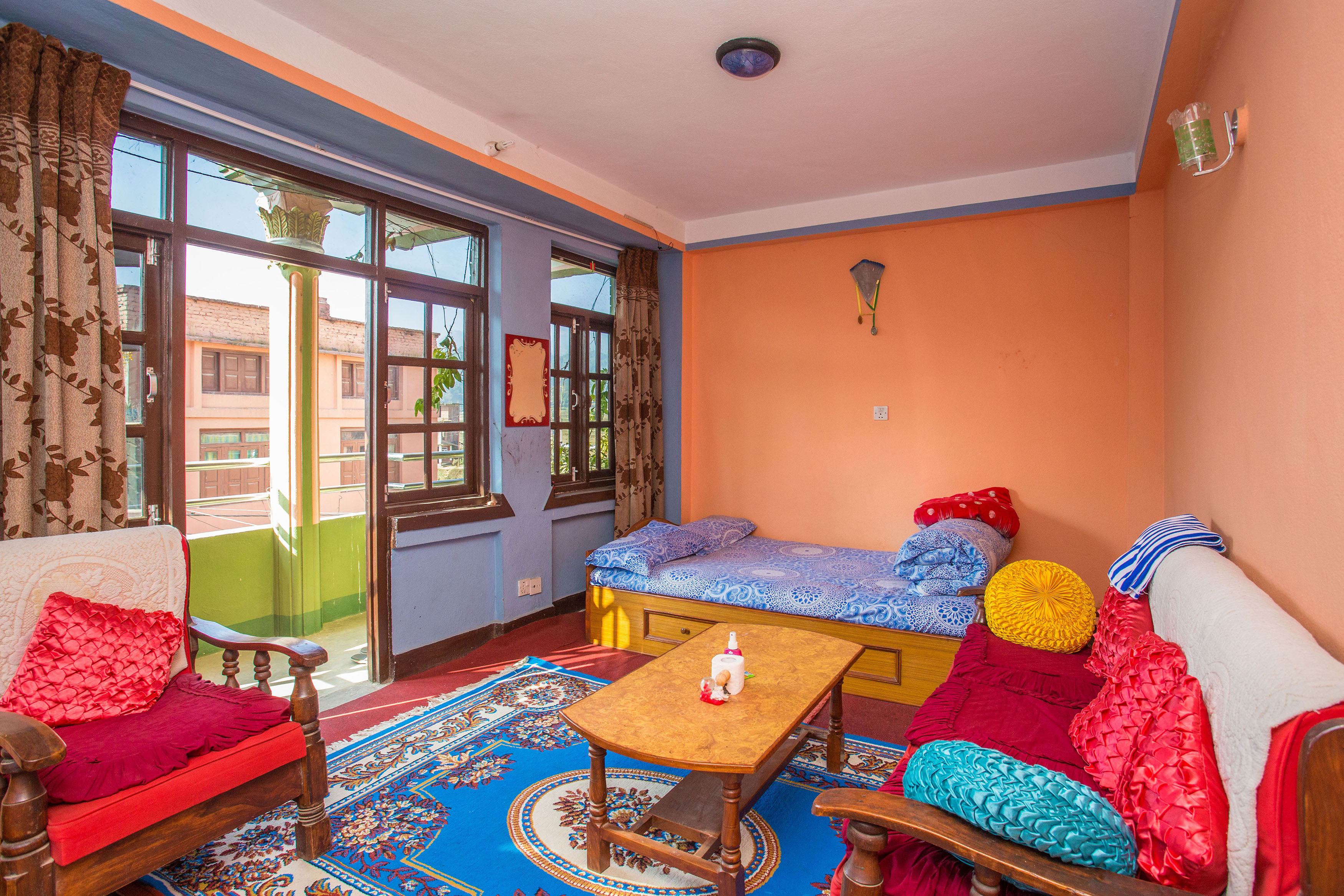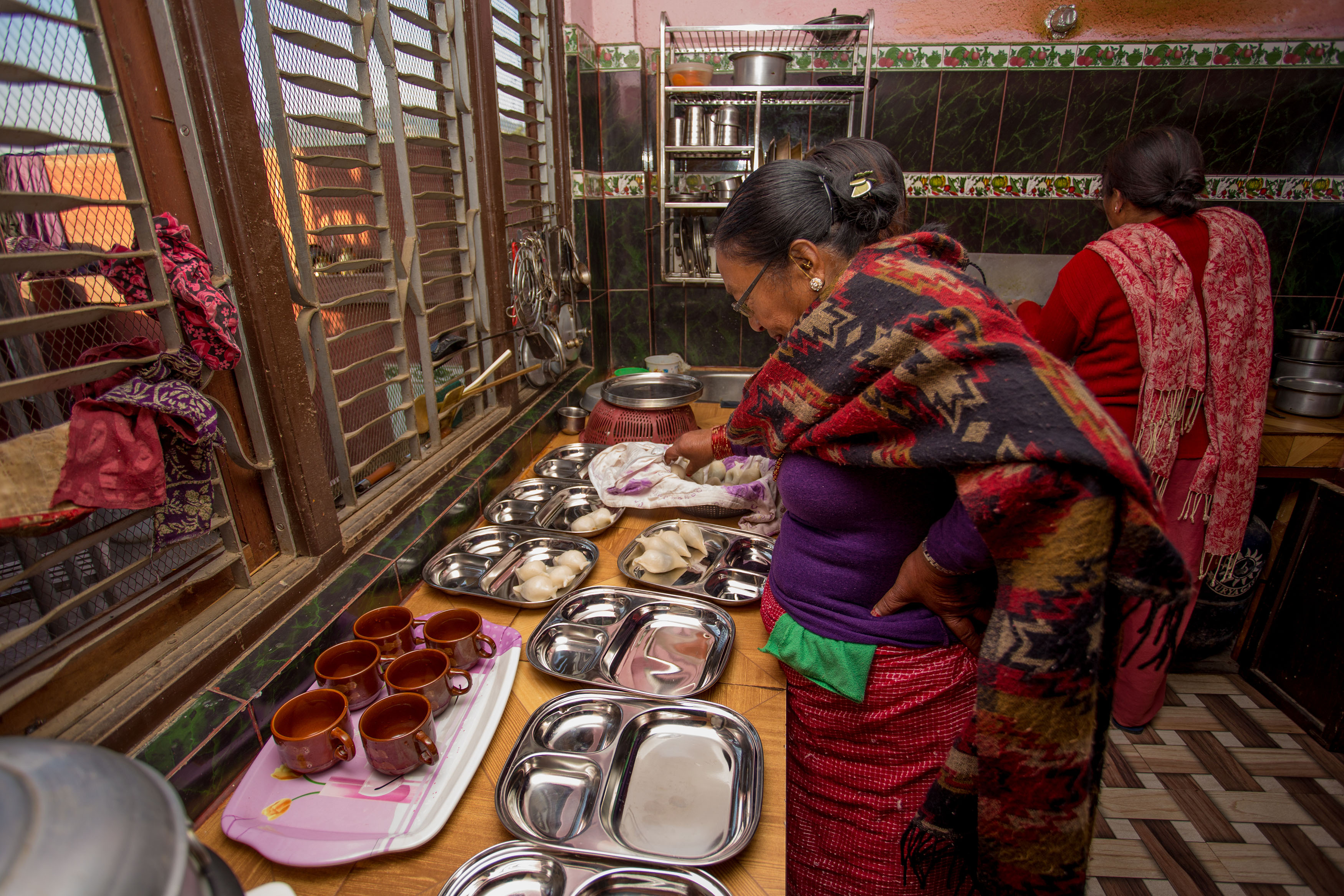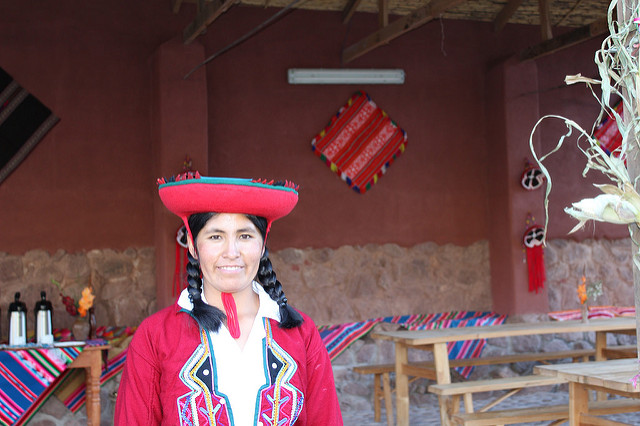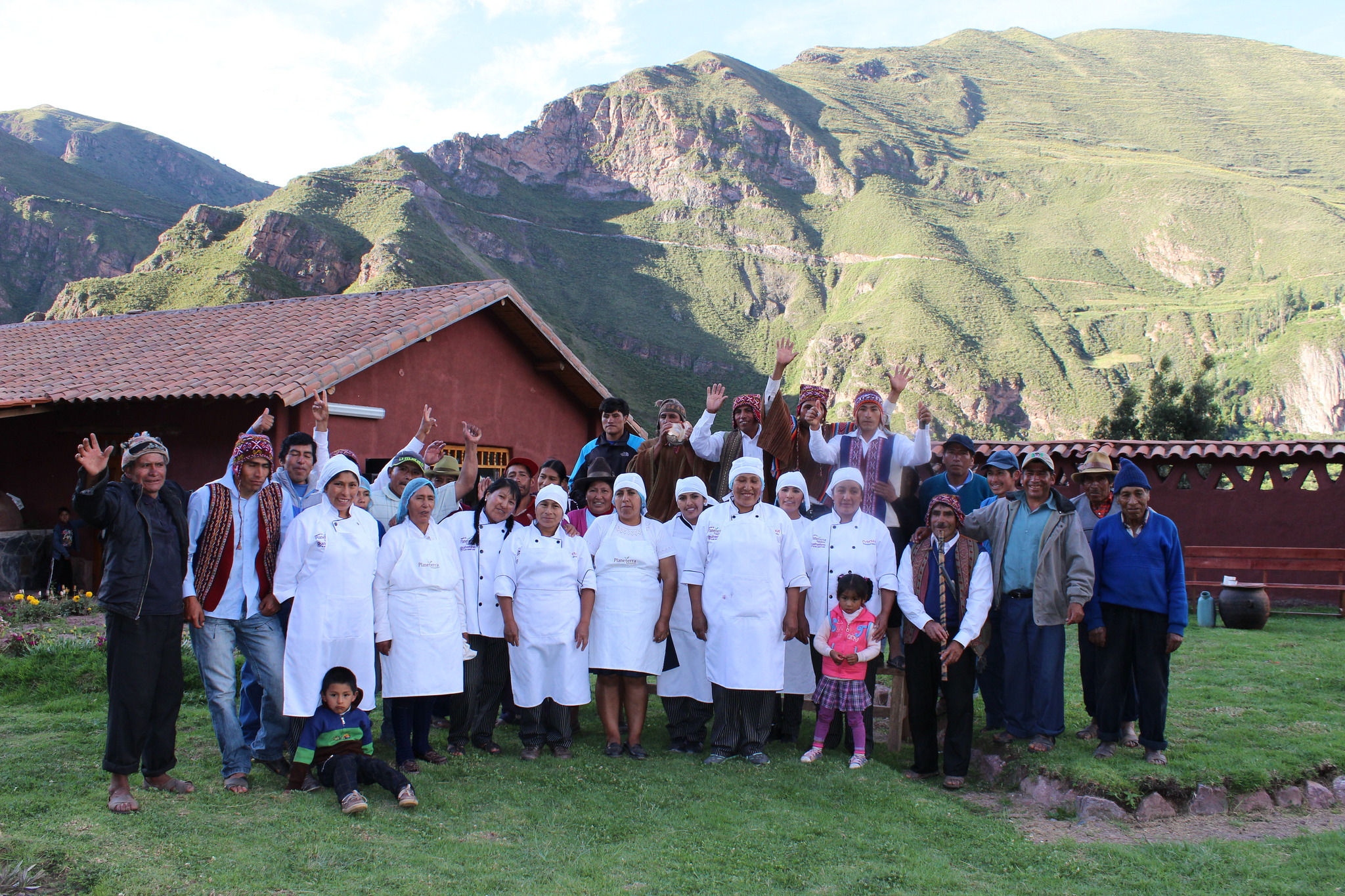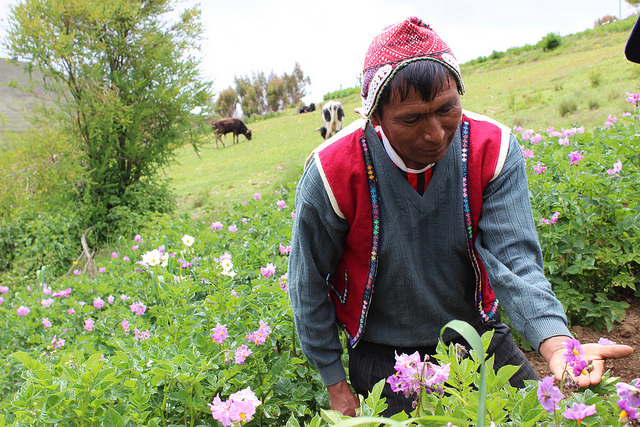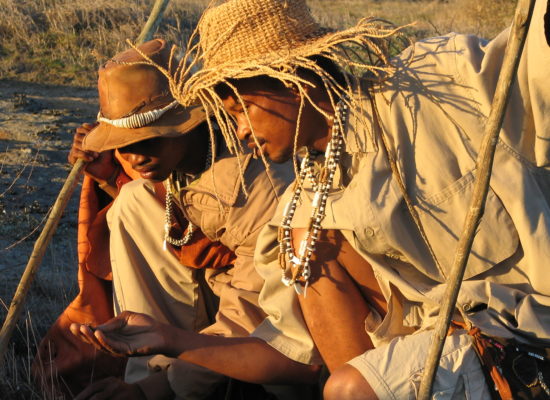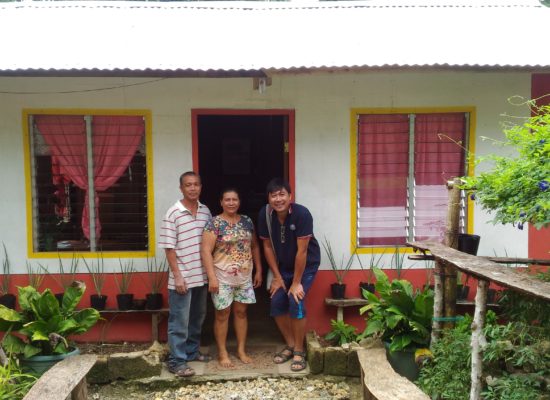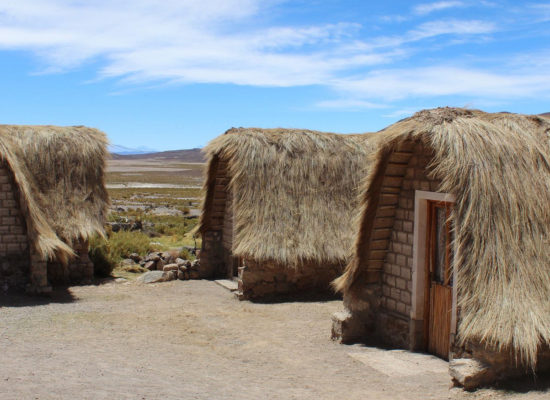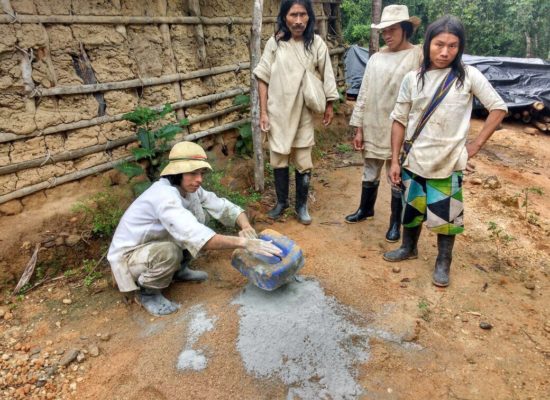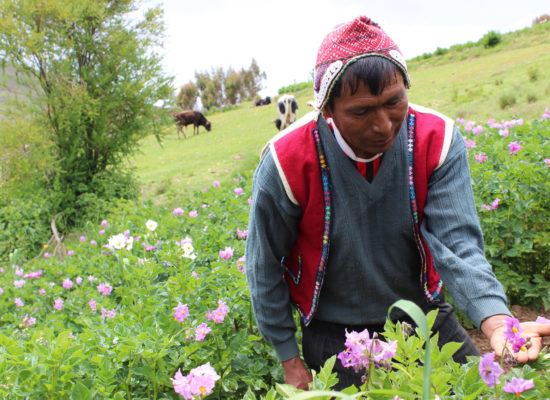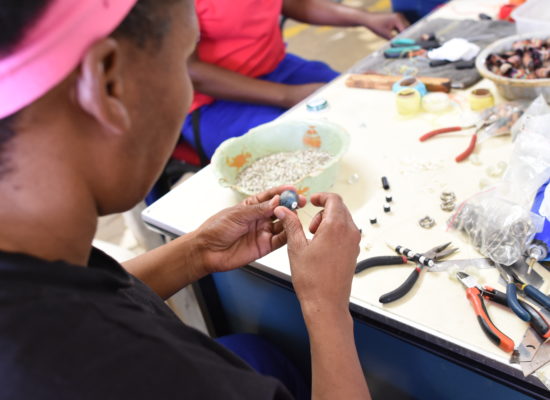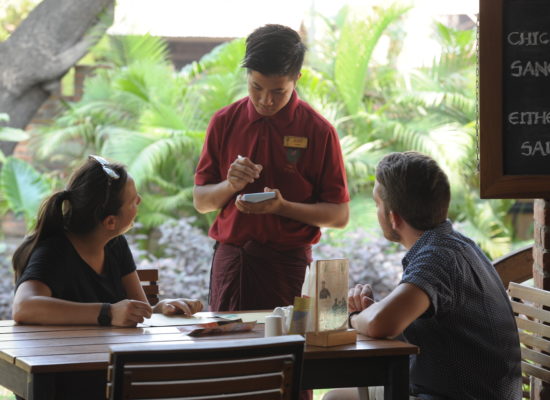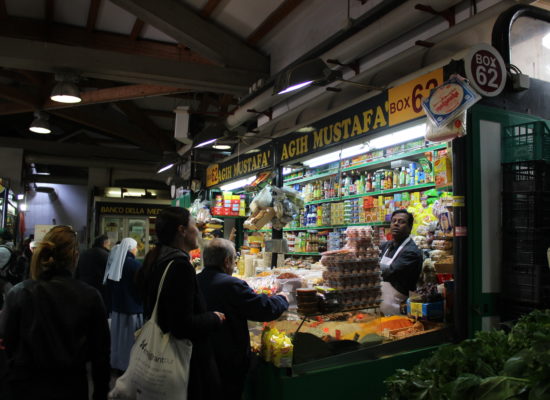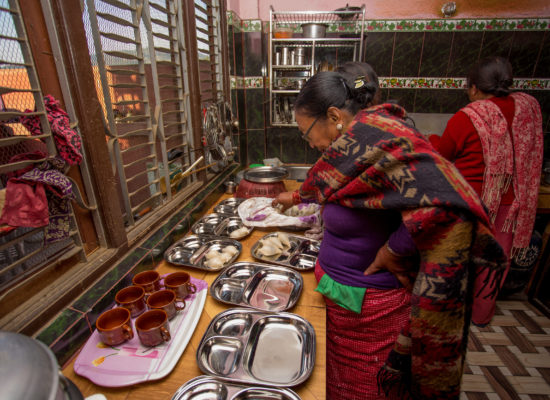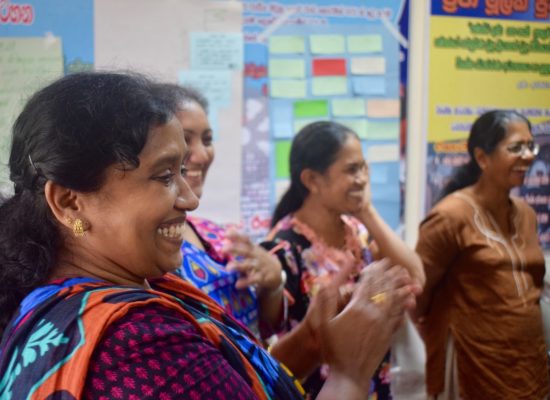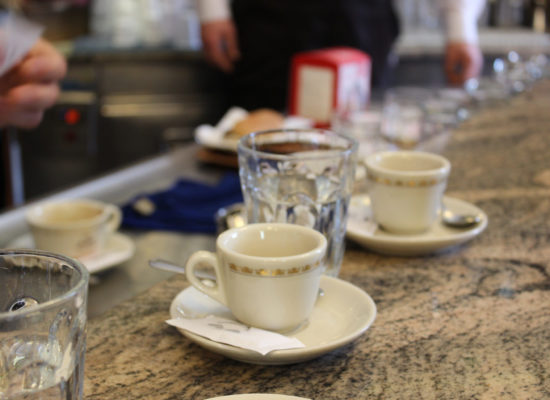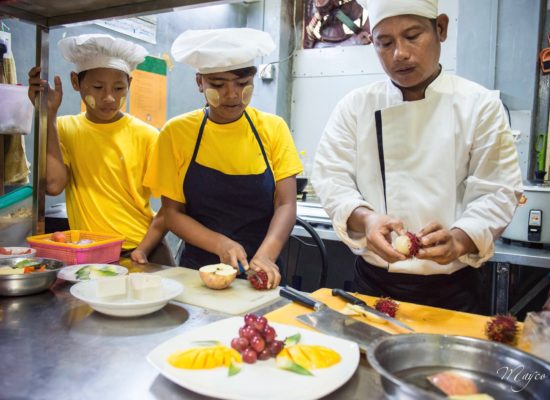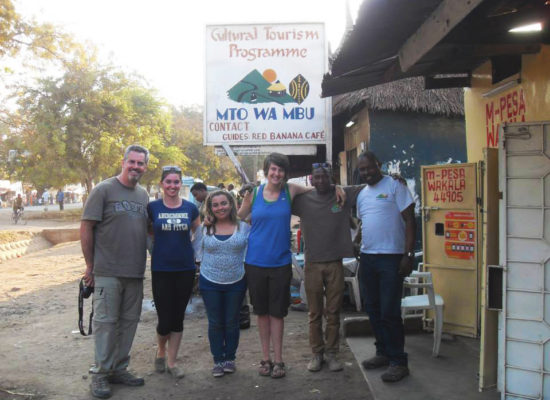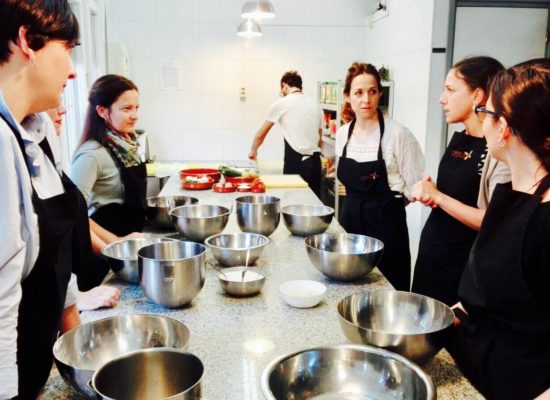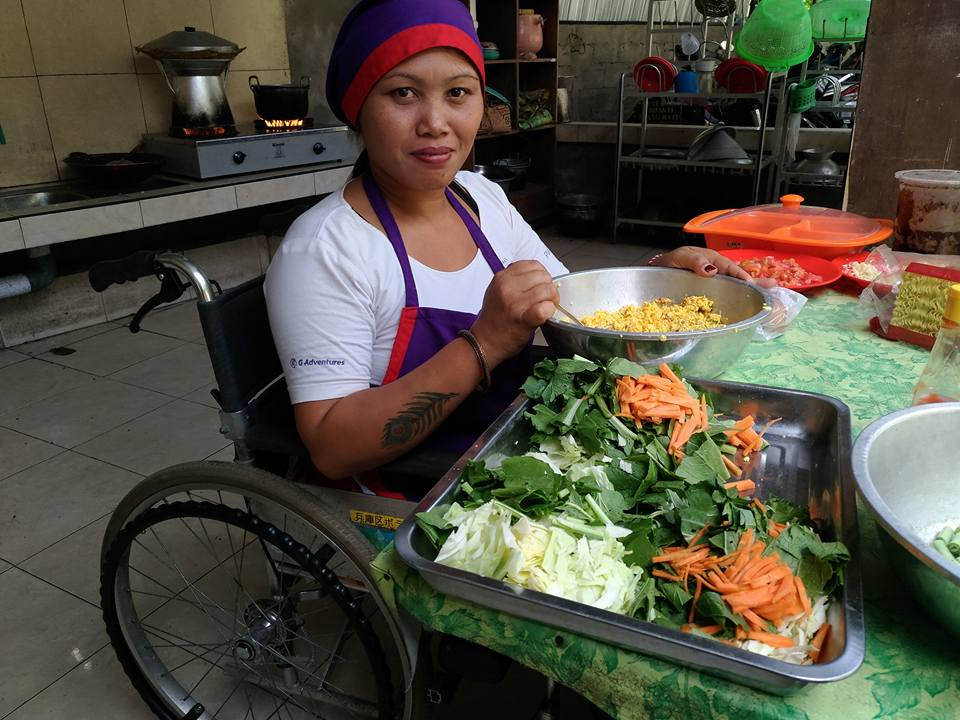
Yayasan Bhakti Senang Hati or “Senang Hati” is a foundation run by local people in Ubud, Indonesia who are living with long-term disabilities. On an island prospering from tourism, it is di cult to nd work if you have accessibility challenges. Senang Hati wanted to create a dream restaurant, a place where all people could comfortably work, learn, and host international travellers.
With Planeterra’s support, we worked with Senang Hati to bring their “Dream Restaurant Project” to life. This project received a grant of over $25,000 CAD to help members (most living with long-term disabilities) build human capital, renovate, and improve the accessibility of the restaurant facilities, and increase the number of locals employed through the Senang Hati Foundation. With Planeterra’s support, 10 people are now fully employed as restaurant sta with 20 students studying and training in hospitality. Students are also provided room and board through Senang Hati.
Since our partnership began, Senang Hati has seen an increase of 80% in their customer base through G Adventures travellers visiting the restaurant, and a 30% increase in other tourism programs such as their local tricycle tours, the Happy Hearts tour, and additional income coming from the sales of local arts products and souvenirs produced by additional members.
This article was written by Planeterra’s South East Asia field manager, Panot Pakongsup.




